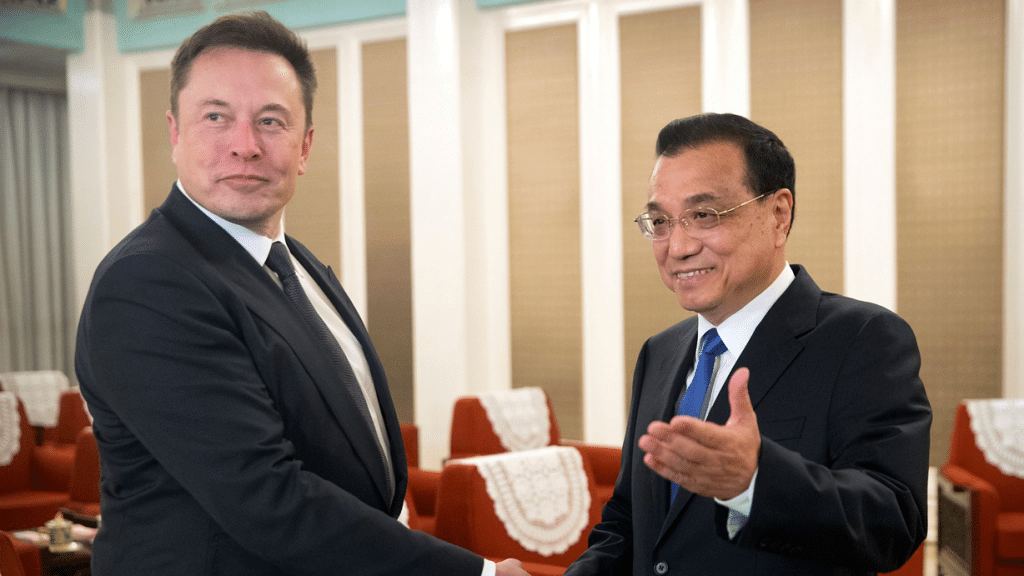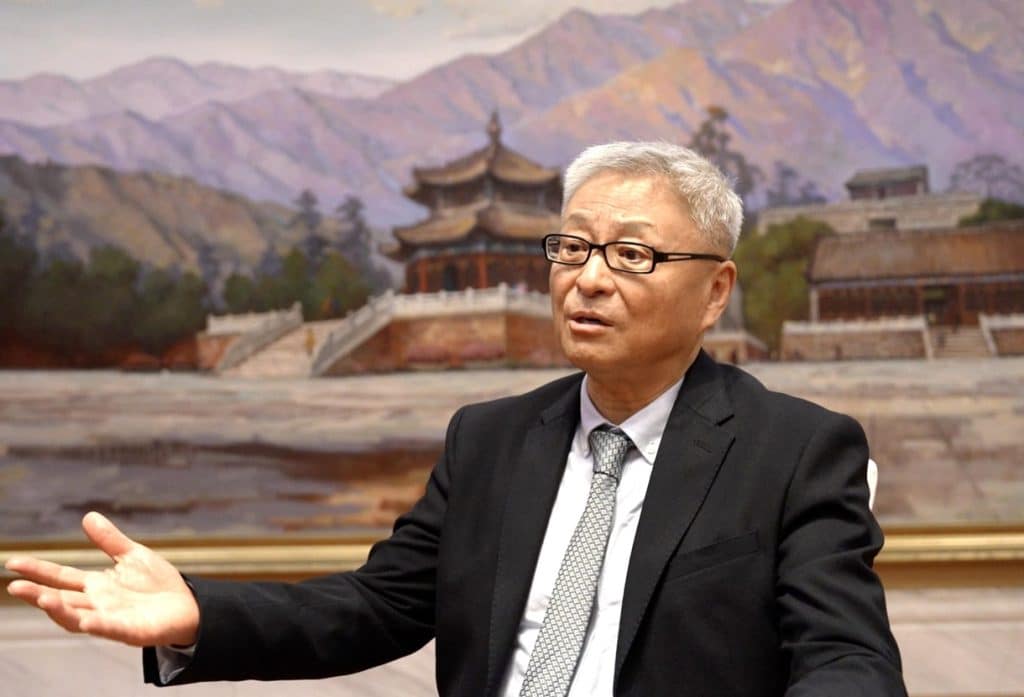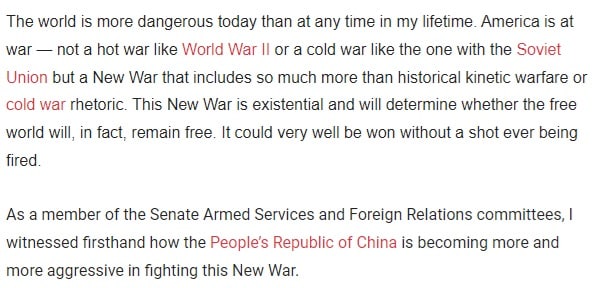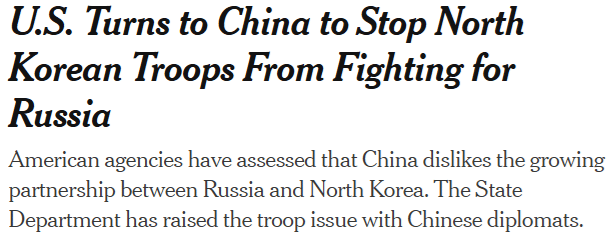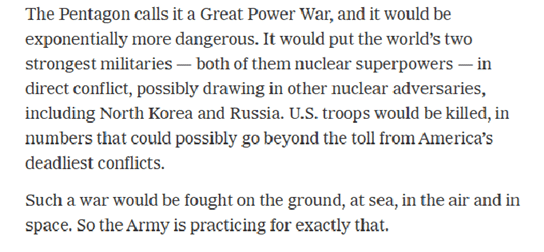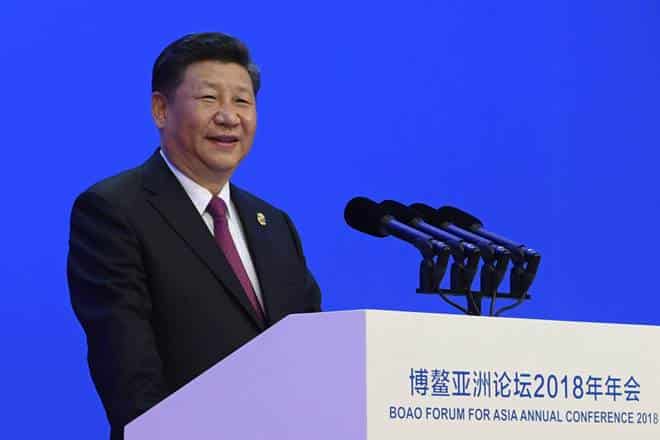Why the US is in Decline
作者:Hu Angang 来源:US-China Perception Monitor
Is the United States really in decline? Is the decline a temporary one or a long-term one? What are the factors causing the decline? If the U.S. continues its decline, what are the consequences? For China, how should we seize the strategic opportunities, enhance our strategic capabilities, and take advantage of the trend to build a new type of major country relations?
Over 20 years ago, with the dissolution of the USSR and the end of the Cold War, the U.S. became the sole superpower hegemon in the world. Until the 1990’s, the U.S. sustained a rather high growth rate, and its economic indicators as a share in the world’s total were relatively stable. The United States’ share of world GDP rose from 26.1% in 1990 to 30.8% in 2000. In the first decade of the 21st century, however, its share of world GDP decreased to 22.0% in 2012, down 8.8 percentage points from the year 2000. On the other hand, the first decade of the 21st century was a major era in the history of China’s rapid rise. In that ten-year span, China’s share of world GDP rose from 3.7% in 2000 to 11.6% in 2012.
What are the factors causing the decline of the U.S. as a world power?
First, it is the complacent and arrogant attitude of the U.S. Since China is still a developing country, it is not in a position to appear superior to others, but rather is always humble and cautious. On the contrary, the highly developed United States is very prideful of its accomplishments and looks at China’s progress with contempt. From a cultural perspective, modesty is a Chinese virtue, while pride is an American virtue. From the perspective of cultural exchange, China is keen to learn from the U.S., while the U.S. has never thought to learn from China. This is the cultural root cause for the U.S. decline.
The second cause of the United States’ decline is the American obsession with war and military intervention. Historically, whenever the U.S. started a war, its share of world GDP inevitably decreased. According to Angus Maddison’s statistics based on the value of constant 1990 U.S. dollars, the U.S.’s share of world GDP decreased 0.8 percentage points after the Korean War (1950-1955). After the Vietnam War, it decreased 3.1 percentage points. Yet the U.S. has yet to learn any lessons from history. In the 21st century, during the first term of President George W. Bush alone, the U.S. launched two wars over the events on September 11th, namely the Afghanistan War and the Iraq War. Based on the value of the U.S. dollar in 1990, the U.S.’s share of world GDP decreased 3.3 percentage points between 2000 and 2008. The cost of the two wars are much higher than that of the Vietnam War, and they have served to accelerate the decline of the U.S.
Thirdly, it is the economic crisis resulting from American capitalism. American capitalism has the innate and inevitable potential for economic crises. Historically, there was the Great Depression, which evolved from a U.S. crisis into a global crisis. In 2005 and 2006, the real estate bubble burst and the default rate rose sharply. Mortgage-backed securities lost the bulk of their value. In 2007, the New Century Financial Corporation, the second largest subprime mortgage lender in the U.S., went bankrupt, signaling the expansion of the crisis from the real estate industry to the financial industry and the escalation to a world financial crisis. Even though the U.S. economy has recovered to a certain degree, it is still living under the shadow of an impending financial crisis.
Lastly, it is the excessive military spending of the U.S. From 2000 to 2010, the U.S. military spending stood above 40% of the world’s total. U.S. military spending peaked in 2005 when it reached 44.9%, or 1.6 times of United State’s share of global GDP, or 5.2 times of the United States’ share of global exports. Even when it fell to 39.1% in 2012, it still represented 1.78 times of the United States’ share of global GDP (which was 22.0%). Paul Kennedy said that if a country spends the majority of its resources on military expenditures rather than wealth creation, it will very likely weaken that country in the long run.
Competition between countries ultimately boils down to the competition between the institutions they represent. American capitalism, which replaced feudalism more than 200 years ago, transformed the United States from a untouched, undeveloped land to the most advanced and powerful country in the world. But the structural problems inherent in the American system, namely aging, petrification, and failure to catch up with time, have put the U.S. in decline. The People’s Republic of China, founded only a few decades ago, have established a modern socialist institution. Deng Xiaoping’s reforms re-invented socialism as an institution and made socialism demonstrate once again its superiority over American capitalism. As a new type of socialist major power, China continues to be innovative while staying humble in attitude, keeping itself abreast of modern time.
Hu Angang is a professor in economics at Tsinghua University and Director of the Center for China Study at Tsinghua-CAS (Chinese Academy of Sciences). He is known in China for his strong support of socialism and the Chinese Communist Party.
By HU ANGANG in China Elections
Translated from Chinese by LI ZHIFENG
来源时间:2018/4/5 发布时间:2014/10/1
旧文章ID:15800


